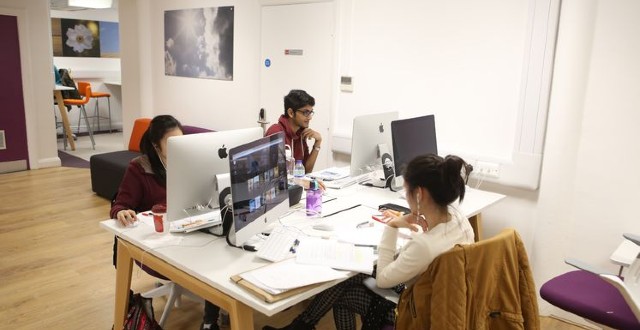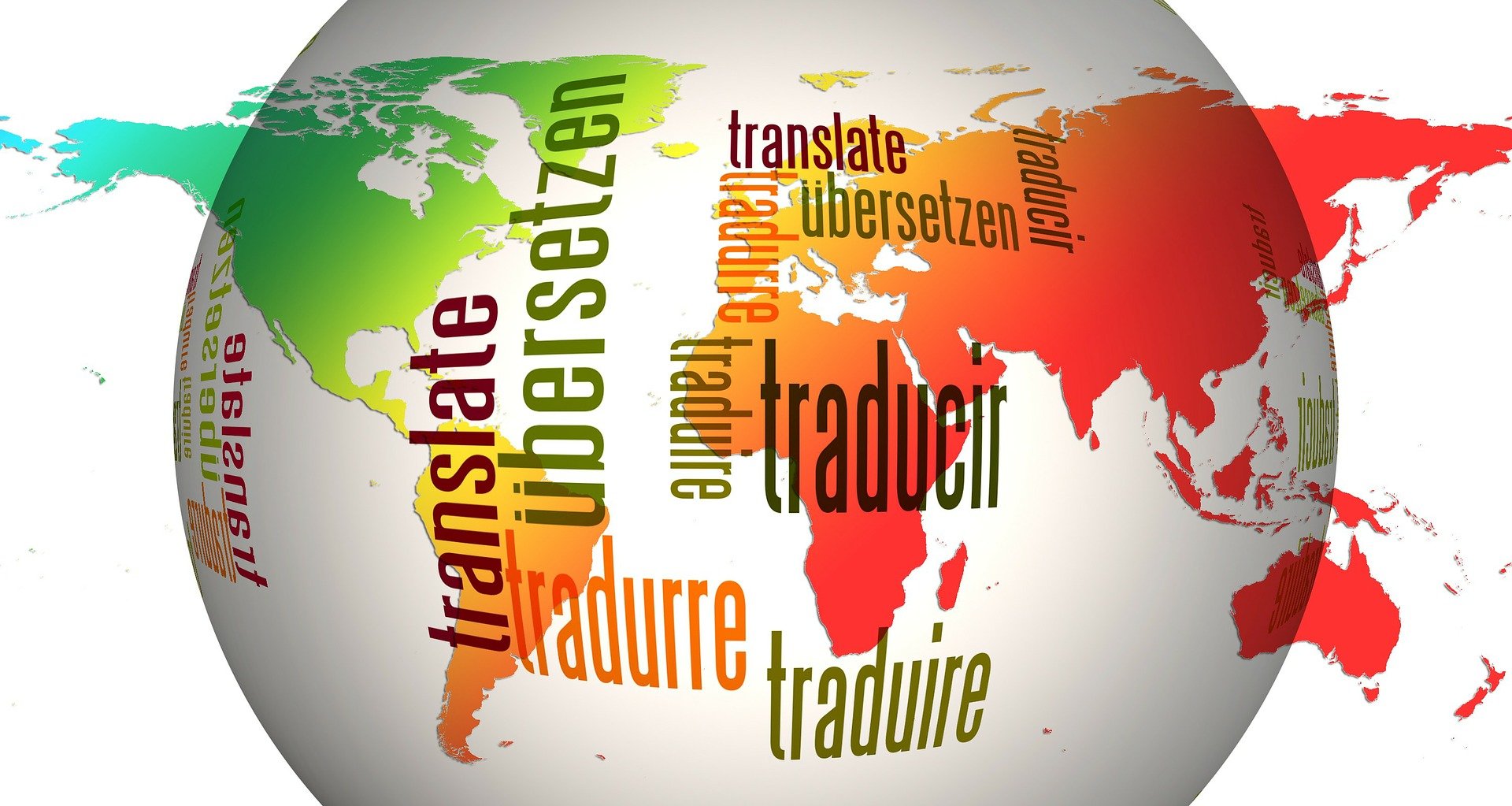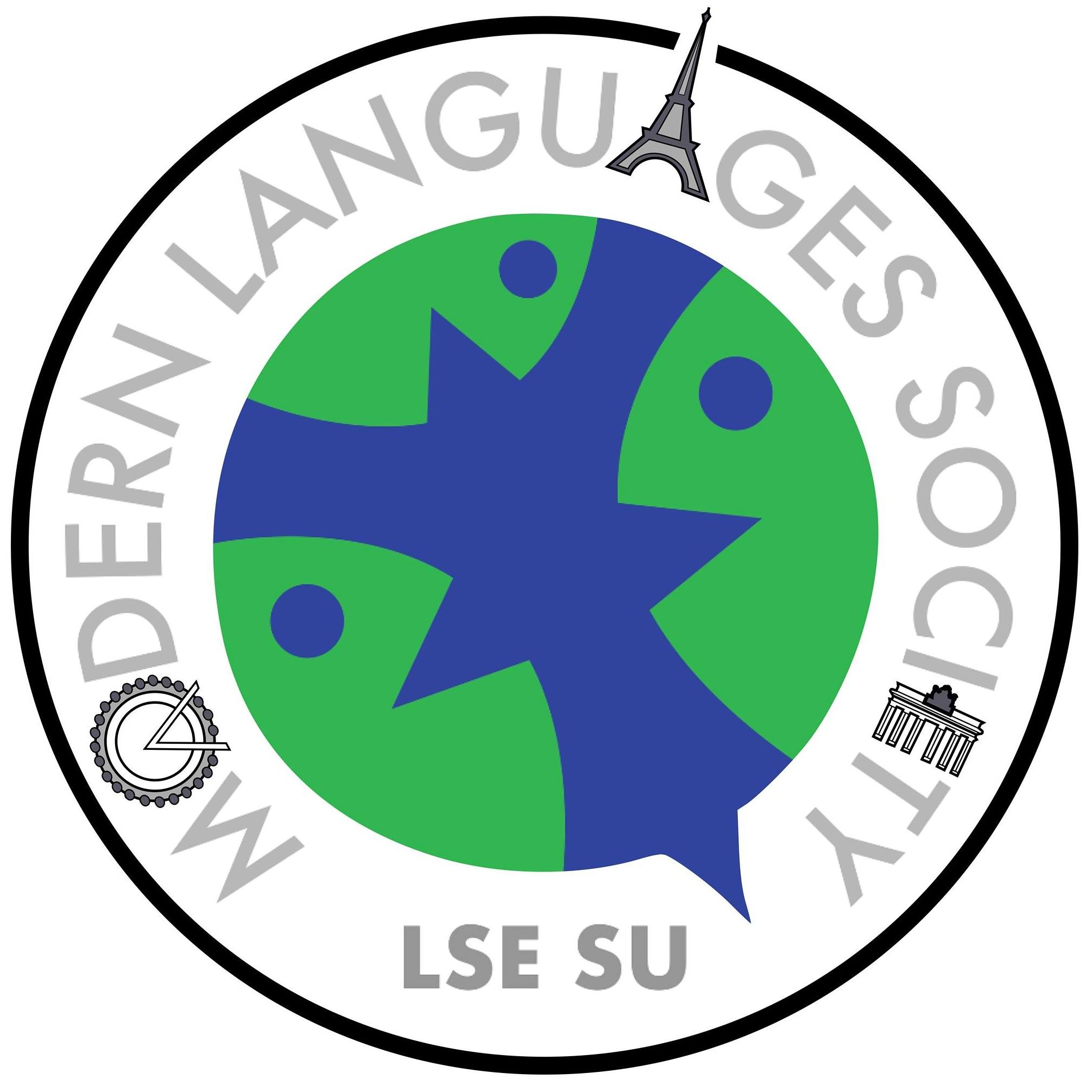February 21st is celebrated as the International Mother Language Day to celebrate cultural diversity and to honour the myriad languages spoken all over the world. Our languages have the ability to unite us while simultaneously bridging the cultural gap.
In the 2020/2021 academic year, the London School of Economics and Political Science (LSE) welcomed 5505 taught postgraduate students and 557 postgraduate researchers, 51% of whom were listed as overseas candidates. With these statistics, how does such a day look for such a diverse place like LSE?
I talked to five current LSE postgraduate students to know what they feel about language and what advantages knowing multiple languages bring for them.
Ue Ng (Sharyn), Hong Kong
MSc in International Social and Public Policy

A native of Hong Kong, Sharyn is pursuing MSc in ISPP here at the LSE. Sharyn is trilingual and can speak Cantonese, Mandarin, and English fluently. Her mother tongue is Cantonese, and she gets to speak in Cantonese from time to time here. Many of her classmates are from Hong Kong and when they meet, they communicate in their mother tongue. However, Sharyn feels that the essence is missing.
For Sharyn, being bi or multi-lingual grants access to different cultures. “I can listen to Taylor all day”, as an avid Taylor Swift fan Sharyn smiles and shares with us. It also helps her to navigate different platforms and access different social media content. Knowing Mandarin also helps her to access a plethora of Chinese recipes that she loves to cook during her free time.
Sharyn taught us 唔該 (m4 goi1) which depending on the context can either mean Thank you or Excuse me
Anushka Srivastava and Shivangini Saran, India
Master of Public Administration (MPA) and MSc in Psychology of Economic Life
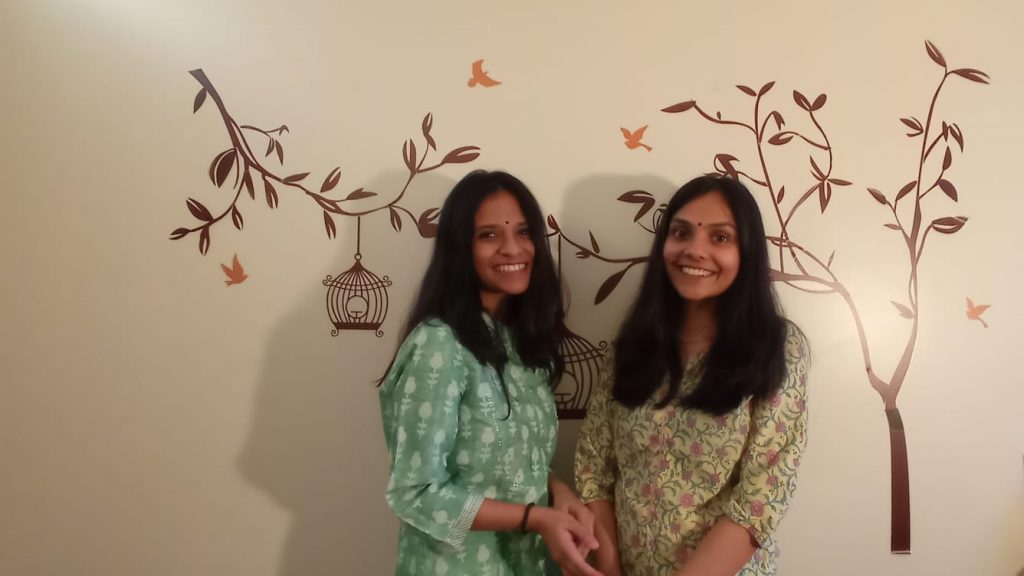
Anushka and Shivangini are from India which has twenty-two separate official languages. Both speak Hindi and English which are registered as two official languages of India. Linguistic diversity is normal for them, something that they grew up with without realising the rarity of the situation.
Anushka strikes a clear divide between the languages and says while Hindi is her go-to language, English highlights a different shade of her personality. The flexibility that this shift in languages brings is beautiful and unique. Shivangini chimes in and says that her training in English is a vantage point here in the UK as an international student.
“In India, language changes in every thirty or forty kilometres. What it then does to you is instil a sense of respect and tolerance for how people communicate. I think this is a strength of India and something we should definitely be proud of”, Shivangini says when we asked about the linguistic diversity in India. Anushka adds, “In addition, I think this makes us more accepting and tolerant. Because if I see a lot of my peers and classmates communicating in a different language on campus, it is very acceptable to me. Since I have grown up seeing this kind of diversity, it doesn’t make me feel left out.”
Although both of them get to speak in Hindi here in the UK, they still miss the ease and warmth of home. And thus they made sure to let us know that आपसे मिलकर बेहद खुशी हुई (Aapse milke bahut khusih hui) which means It was a pleasure meeting you!
Yoojin Jeong, South Korea
MSc in Applied Social Data Science
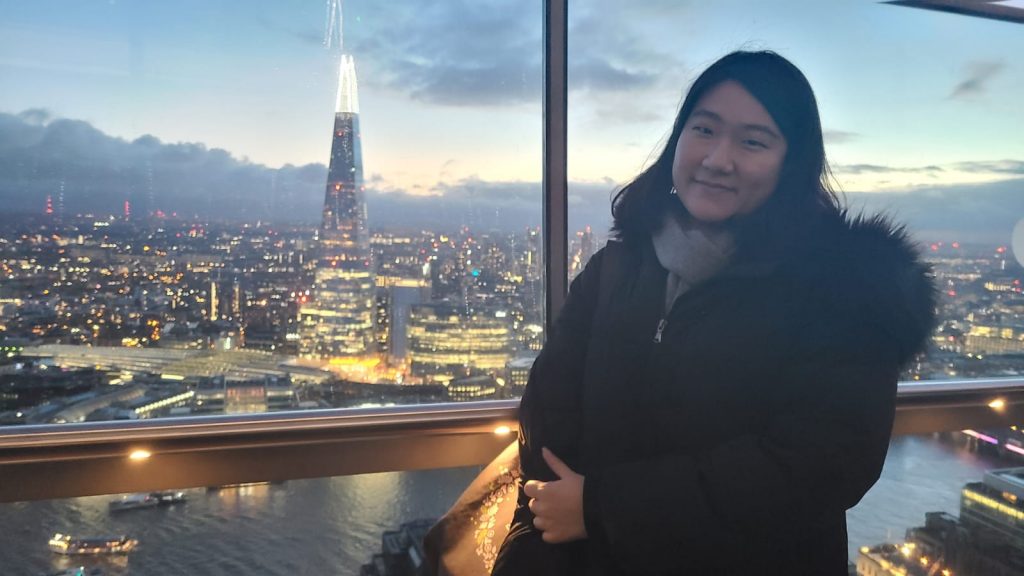
Yoojin came to London from Seoul to pursue her master’s in Applied Social Data Science at LSE. Hailing from Seoul, she says that she gets to speak in her mother tongue Korean at least three-four times a week here in London. Apart from the Korean students here at LSE, she says she can also speak in Korean with the non-Koreans who are trying to master the language.
One of the perks of being bi or multi-lingual for Yoojin is that fewer things get lost in translation. Being in data science, she recognises the power of information. “There are many more sources of knowledge or information that you can access (if you speak several languages). I think it gives you a wider perspective of the world”, shares Yoojin. She also recognises the power of language in bridging the gap and meeting newer people. Yoojin is currently working hard to add one more linguistic feather, Japanese, to her bright cap of languages.
When asked to teach something in Korean, Yoojin graciously taught us 감사합니다 (Gaamsahaamnida) which means Thank you in Korean.
Mayowa Joy David, Nigeria
MSc in Management of Information Systems and Digital Innovation

As a Nigerian, Joy doesn’t get much chance to speak her mother tongues, Igbo and Yoruba, much here. She misses the sense of familiarity, belonging, and nuanced meanings that come with speaking her language with people who understand.
Home of many ethnic tribes, resources point out that almost 500 languages are spoken in Nigeria. Joy points out a cunning and fun part of being multi-lingual, “It allows me to communicate with diverse persons and it’s always fun to pretend not to understand a language to know what others say about you.” Sneaky surveillance 101 right there!
When we asked Joy to teach us something in her language, she taught us two phrases. In Igbo language, Ihe ọma niile ga-abịa -means Everything good will come in while same is said in Yoruba language as Ohun rere gbogbo yoo wa.
Knowing the strength that multilingualism brings, the LSE offers non-degree language courses through the language centre. French, German, Spanish, Russian, and Mandarin are taught there. For more information, please visit: https://www.lse.ac.uk/language-centre



